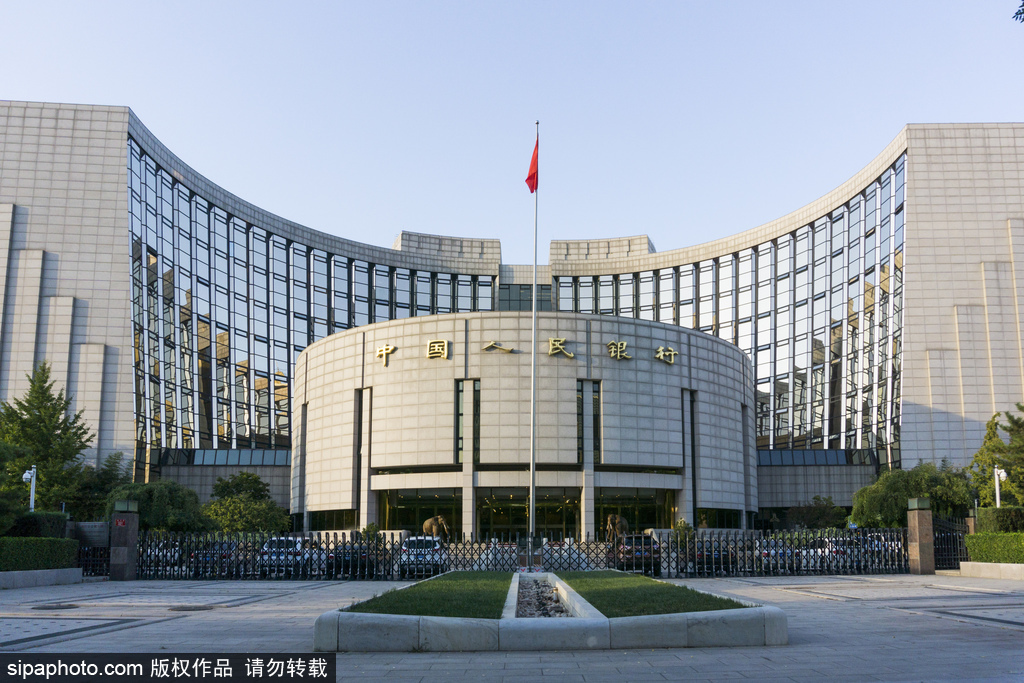Central bank fulfills promise to keep exchange rate stable
China Daily | Updated: 2021-06-04 07:49

The People's Bank of China recently decided to raise the foreign exchange reserve requirement ratio for financial institutions from the current 5 percent to 7 percent, effective from June 15.
The China Foreign Exchange Trade System data showed that the midpoint price of the yuan against the US dollar rose by 176 points to 6.37 the same day, hitting a new high since May 18, 2018. According to Xinhua News Agency, the midpoint price of the yuan was 6.38 against the US dollar on Wednesday, down 201 basis points from the previous trading day.
Whatever the expectations, so long as there are signs of speculation, China's central bank has the means to ensure the stability of the yuan's exchange rate. That the central bank raised the foreign exchange reserve requirement ratio for financial institutions by 2 percentage points demonstrates the country's resolve to bring the yuan's exchange rate back to a rational channel.
Amid the latest round of appreciations, especially since the midpoint price of the yuan rose above 6.4 against the US dollar, hitting a three-year high, there have been expectations that the yuan will rise above 6.2 against the dollar, resulting in betting on the further appreciation of the Chinese currency among investors.
Although the central bank has sent a clear message that betting on the yuan's appreciation or depreciation will lead to loss, speculation continues.
Against this background, for the central bank to raise the foreign exchange reserve ratio is fully in line with the original goal of strengthening liquidity management. The yuan's exchange rate is a managed floating exchange rate based on market supply and demand and adjusted with reference to a basket of currencies.
As China's economy recovers, the yuan's exchange rate, which has been boosted by both trade surplus and foreign investment, should return to the rational channel. If the yuan's exchange rate rises too fast, it is easy to trigger a profit-seeking impulse among international speculators, or raise speculation sentiments.
In such a scenario, the central bank does need to use necessary policy tools to ensure the yuan's exchange rate does not fluctuate wildly. This also means that the central bank has once again fulfilled its promise about China being able to ensure the stability of the yuan's exchange rate.
With the global economy yet to recover fully from the effects of the novel coronavirus outbreak, China's upward economic trend not only determines the yuan's appreciation, but also helps its exchange rate to stabilize.
























